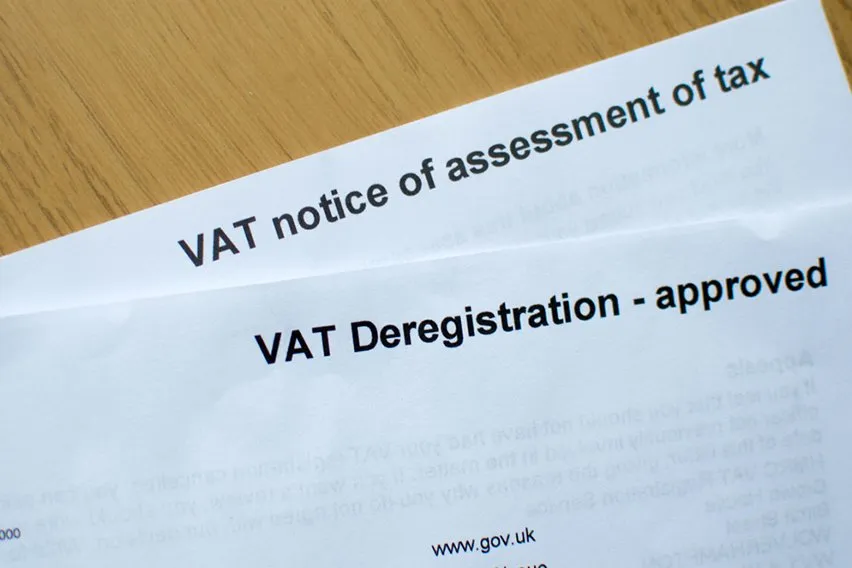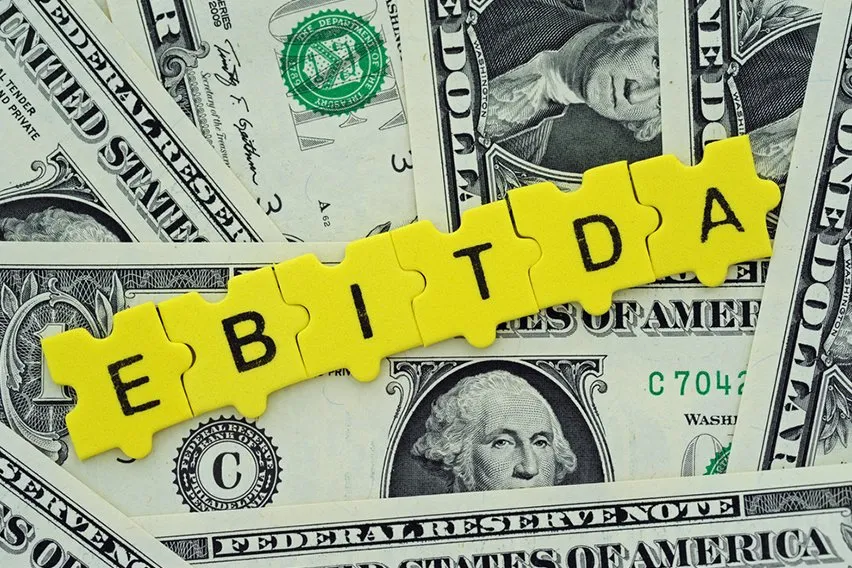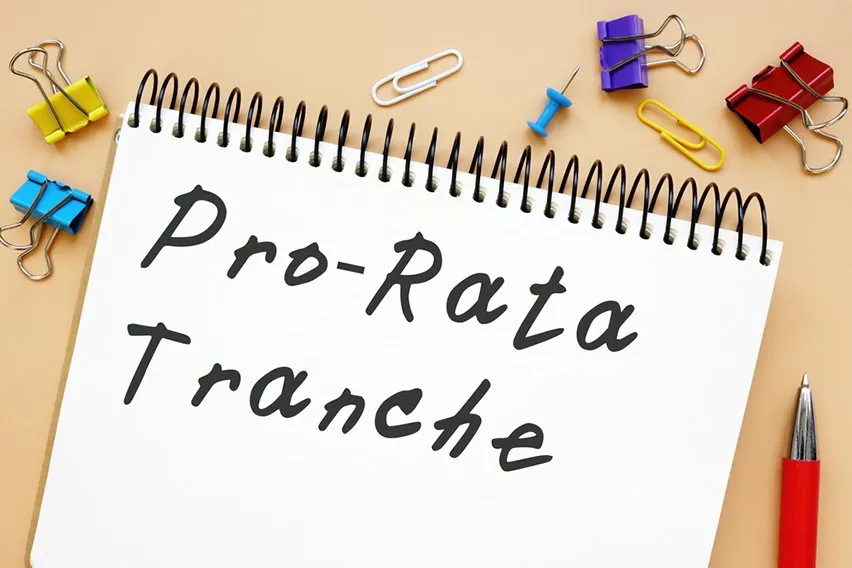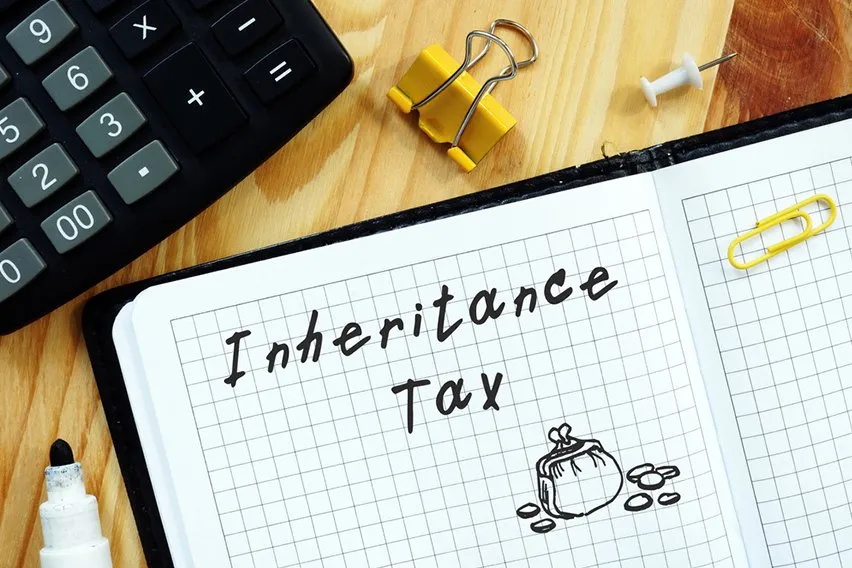How Much Limited Company Tax Do I Need to Pay?

This guide will help you figure out how much limited company tax you owe to HMRC.
Many choose to register their businesses as limited liability companies because of the tax benefits. Unlike sole traders, there is no National Insurance or income tax to pay. Instead, you have one set rate of corporation tax.
In this guide, we’ll talk you through the intricacies of limited company tax. What is a limited company and how does it operate differently? What is the current rate of corporation tax in the UK? And how do dividends and income tax affect your tax calculations?
For all this and more, read on.
Here’s What We’ll Cover:
Taxes for Limited Companies in the UK
How Do Dividends Affect Limited Company Taxes?
What Taxes Do I Pay When Taking a Salary From My Limited Company?
What Is a Limited Company?
In the UK, we have a couple of business tax structures to choose from. Many start out as sole proprietors. Sole proprietorship has the lowest barrier to entry as a business structure. You can easily set up your account online. It’s a very flexible form of running your business. You fill out a personal income tax return using the self-assessment tools on the HMRC website. However, as a sole trader, you have unlimited personal liability. So you are personally liable for any business debts. And most importantly for our purposes today, sole traders tend to pay higher tax rates and National Insurance. Double taxation – no fun for anyone.

A limited company is a corporate structure where your business is its own legal entity. Therefore, the company debts and business assets are liable to the company. It’s better protection of your assets. Additionally, corporate tax tends to be more favourable than income tax. Therefore your business makes more profit. The downside is that there is more red tape involved in setting up a limited company in the UK.
You have to register your business with Companies House and your accounting is managed differently. It can be a kerfuffle!
The best type of business structure for you is entirely personal. Many start with sole proprietorship and upgrade to becoming a limited company later on.
Taxes for Limited Companies in the UK
The current rate for corporation tax in the UK is 19%. This is a flat percentage that is applied to all monies earned after deducting limited company expenses. In short, this is a tax on profits. This is why your accounts need to be perfectly monitored and reported to HMRC every year. Our user-friendly online accounting software can help simplify your business expense reporting for easier tax calculations. Feel free to check it out here.
But back to the tax talk. Let’s do a quick example.
Your company makes £100,000 in a given year. Congratulations!
Your business expenses were £40,000.
To work out your tax liability, you need to apply the percentage deduction on the remaining £60,000 in profit. No tax allowances are included in your corporate tax calculation.
19% of £60,000 is £11,900. That is how much tax your company owes the government.
How Do Dividends Affect Limited Company Taxes?
Firstly, quick definitions. A dividend is a share of company profits that you pay to shareholders. As the owner of the company, you also receive dividends.
But note, you calculate dividend payments on company profits. This means that your expenses and taxes are already deducted from the business income before you calculate dividends.
Therefore, dividends don’t affect your taxes at all. They are an after-tax line item.

What Taxes Do I Pay When Taking a Salary From My Limited Company?
Remember I said that limited companies don’t pay income tax? That’s because the company is not a person (like it would be as a sole trader). The company pays its own tax as a corporation.
But you, dear reader, do need to pay income tax and National Insurance on your salary.
When paying yourself a salary from your limited company, you effectively become your own employee. So you are liable for the same PAYE slips for yourself as a regular employer would.
Income tax is calculated on a sliding scale depending on your earnings.
Many prefer to take a small salary from their business and prioritise dividends. Why? Well, dividend income has lower tax rates than self-employment taxes. However, be wary of playing this game. If you take no salary, you could raise a red flag from the HMRC that something is fishy with your accounts.
Key Takeaways
Owning a limited company certainly has its benefits. Lower business taxes is one of them! We hope this article was helpful in understanding how to calculate your limited company tax as a business and an employee.
For more resources on running a limited company in the UK, head to our resource hub!
RELATED ARTICLES

 What Is Flexible Furlough and How Does It Work?
What Is Flexible Furlough and How Does It Work? VAT Deregistration: Tips & Guide
VAT Deregistration: Tips & Guide Earnings Before Tax (EBT): Definition & Guide
Earnings Before Tax (EBT): Definition & Guide What Is Pro Rata? Definition, Example & Calculation
What Is Pro Rata? Definition, Example & Calculation What Is Inheritance Tax on the Estate? A Guide
What Is Inheritance Tax on the Estate? A Guide How to Avoid Inheritance Tax: 10 Simple Ways
How to Avoid Inheritance Tax: 10 Simple Ways